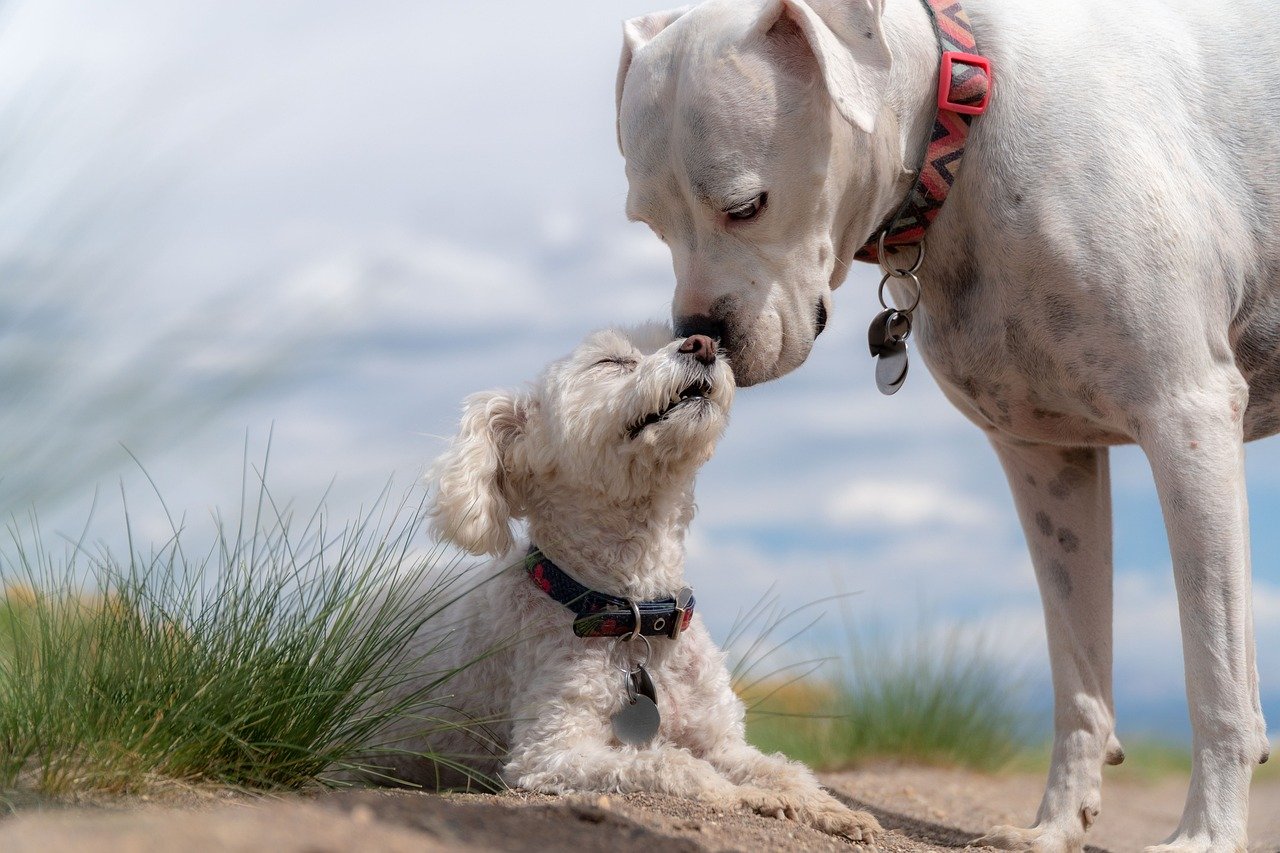Have you ever wondered why some dogs seem to make friends as easily as humans do, while others shy away from every new face? It’s a question that can tug at the heartstrings of any dog lover. The good news is, fostering friendliness and sociability in your furry friend is not only possible but can be a rewarding journey for both of you. Dogs, much like people, thrive on social interaction and companionship. So, how can you help your dog become the social butterfly you know they can be? Let’s explore ten effective ways to encourage your dog to be more friendly and sociable.
Helping your dog become more friendly and sociable doesn’t have to be complicated—it just takes patience, consistency, and the right approach. Socialization starts with positive experiences, whether it’s meeting new people, interacting with other dogs, or exploring new environments. Using treats, praise, and gentle exposure to different situations can build your pup’s confidence over time. Every dog is different, so going at their pace is key. With a little effort and love, you’ll soon see your furry friend blossom into a more outgoing and happy companion.
Understanding Your Dog’s Personality
Before embarking on the journey to make your dog more sociable, it’s crucial to understand their unique personality. Just like humans, dogs have their own individual quirks and temperaments. Some are naturally extroverted, while others may be introverted or even anxious. Spend time observing your dog’s behavior in various situations. Do they wag their tail and approach strangers, or do they retreat to a corner? This understanding will guide you in tailoring your approach to suit their needs. Remember, it’s not about changing who they are but encouraging them to be their best selves.
Early Socialization is Key
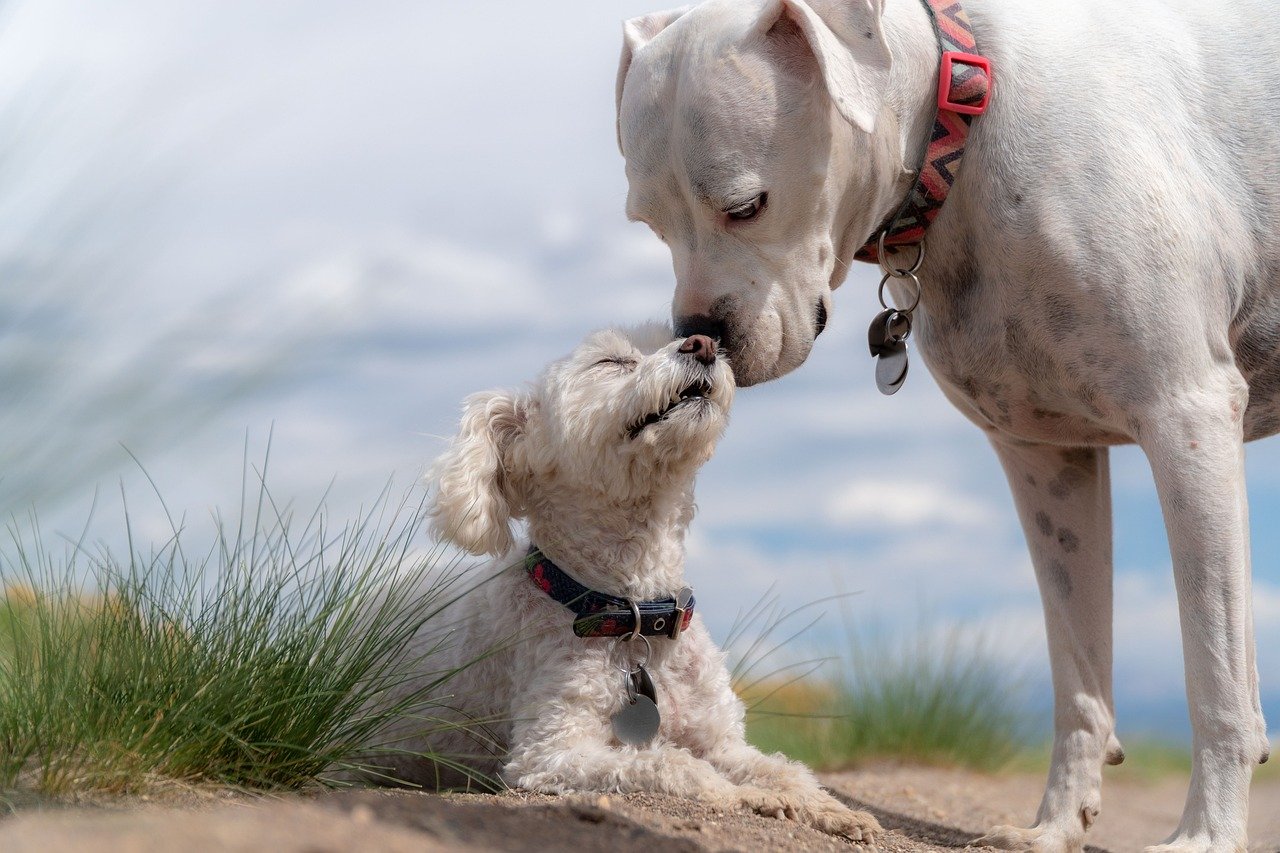
The earlier you start socializing your dog, the better. Puppies are like sponges, soaking up experiences that shape their future behavior. Introduce your puppy to a variety of people, animals, and environments. Take them on walks in different neighborhoods, let them meet other dogs at the park, and invite friends over to interact with them. These experiences help your puppy learn that new situations and faces are a normal part of life. If your dog is older, don’t worry—it’s never too late to start socializing. Just take it slow and be patient.
Positive Reinforcement Works Wonders
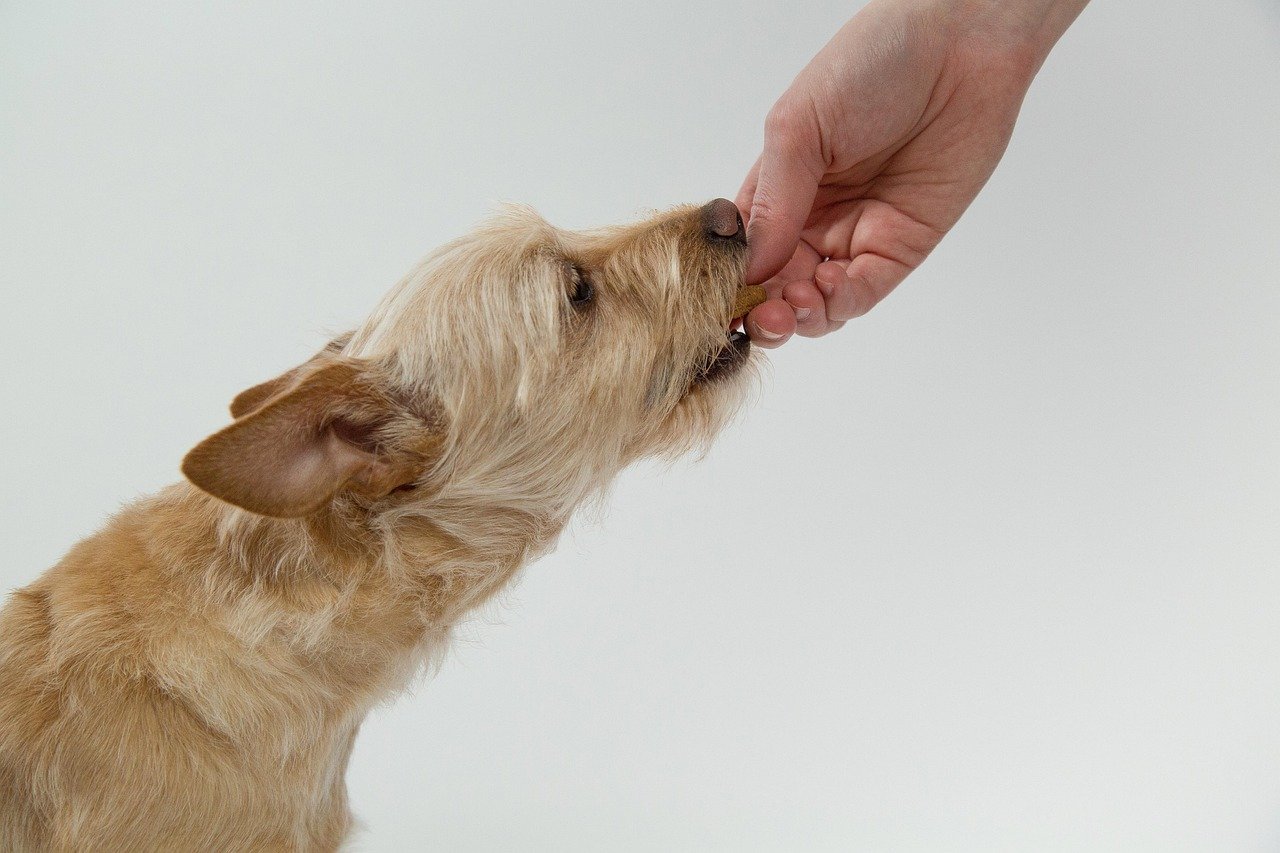
Positive reinforcement is a powerful tool in encouraging sociable behavior. Reward your dog with treats, praise, or playtime whenever they display friendly behavior towards others. This creates a positive association with social interactions in their mind. It’s like teaching a child that sharing toys leads to more playtime with friends. Consistency is key here. Ensure that everyone in your household follows the same approach to avoid confusing your dog. Over time, your dog will learn that being sociable is not only enjoyable but rewarding.
Enroll in Obedience Classes
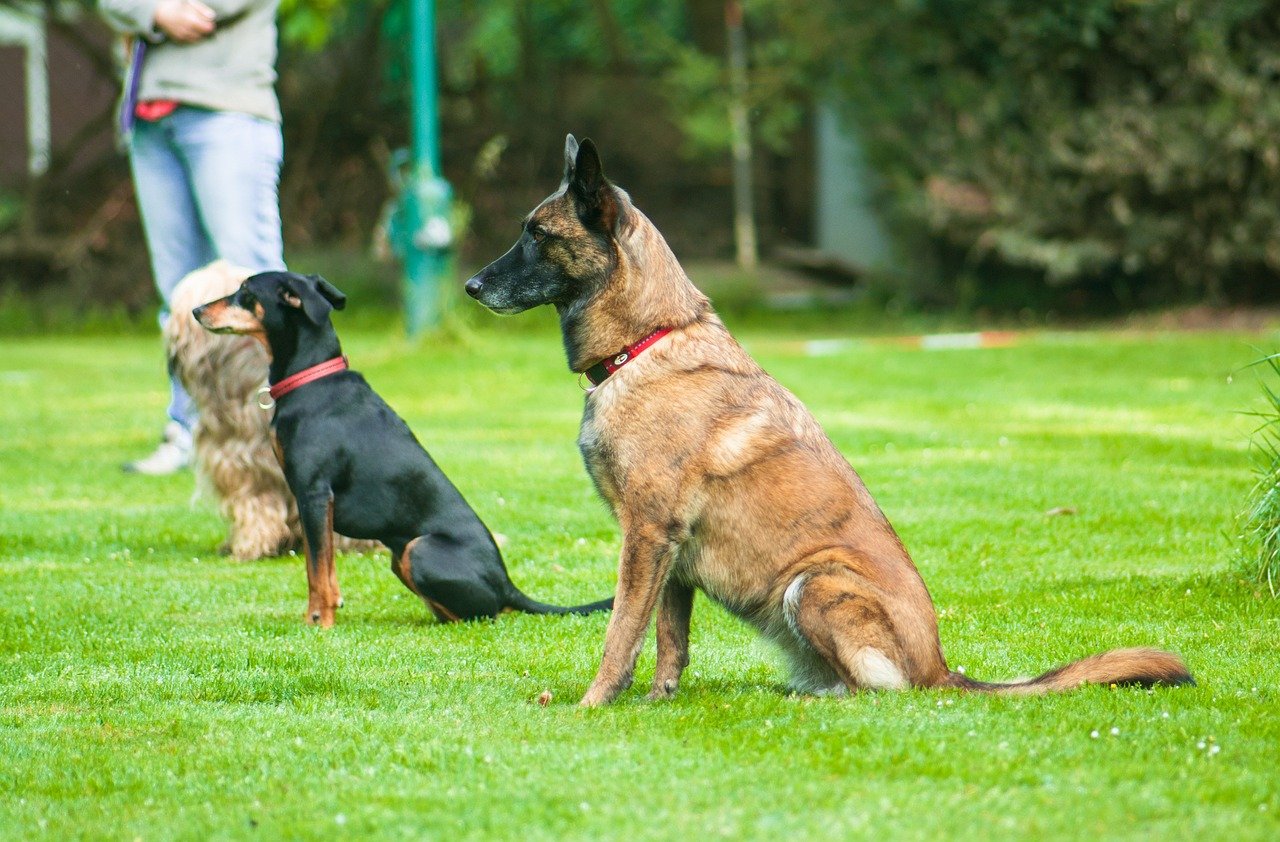
Obedience classes are not just for teaching your dog to sit or stay; they’re also a fantastic way to boost their social skills. In a class setting, your dog will encounter other dogs and people, providing ample opportunities to practice being friendly. The structured environment of a class also helps dogs feel secure as they learn. Plus, it’s a chance for you to bond with your dog while learning valuable training techniques. Consider it a team-building exercise for you and your furry companion.
Organize Playdates with Other Dogs
Just like children benefit from playdates, dogs do too. Organizing playdates with other friendly dogs can significantly improve your dog’s sociability. It provides a safe space for them to interact, play, and learn social cues from their peers. Observe their interactions and step in if play becomes too rough, reinforcing positive behavior with rewards. These playdates can help your dog understand the nuances of doggy social etiquette, making them more comfortable around other dogs.
Expose Your Dog to Different Environments
Variety is the spice of life, and this holds true for dogs too. Exposing your dog to different environments can help them become more adaptable and sociable. Take them to the beach, a bustling city street, or a quiet nature trail. Each new place presents unique sights, sounds, and smells that can enrich your dog’s experiences. These outings teach your dog that the world is full of interesting places to explore and friendly faces to meet, reducing anxiety and boosting confidence.
Be Patient and Consistent
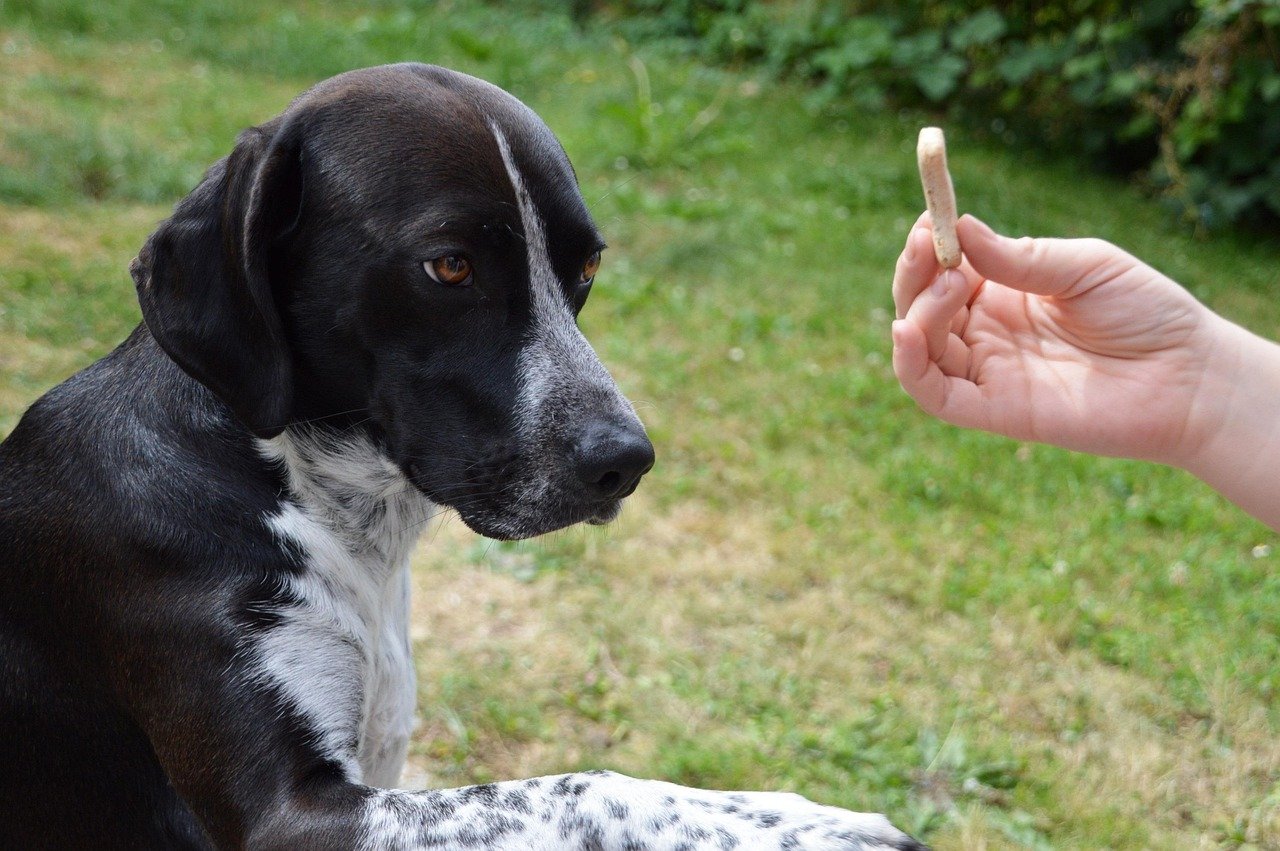
Patience is a virtue, especially when it comes to encouraging your dog to be more sociable. Every dog learns at their own pace, and it’s essential to respect that. Consistency in your approach is crucial; changing tactics too often can confuse your dog and hinder progress. Celebrate small victories along the way, whether it’s a wagging tail during a playdate or a calm demeanor in a crowded park. Remember, your dog looks to you for guidance, so maintaining a calm and positive demeanor can make all the difference.
Use Toys and Games as Social Tools
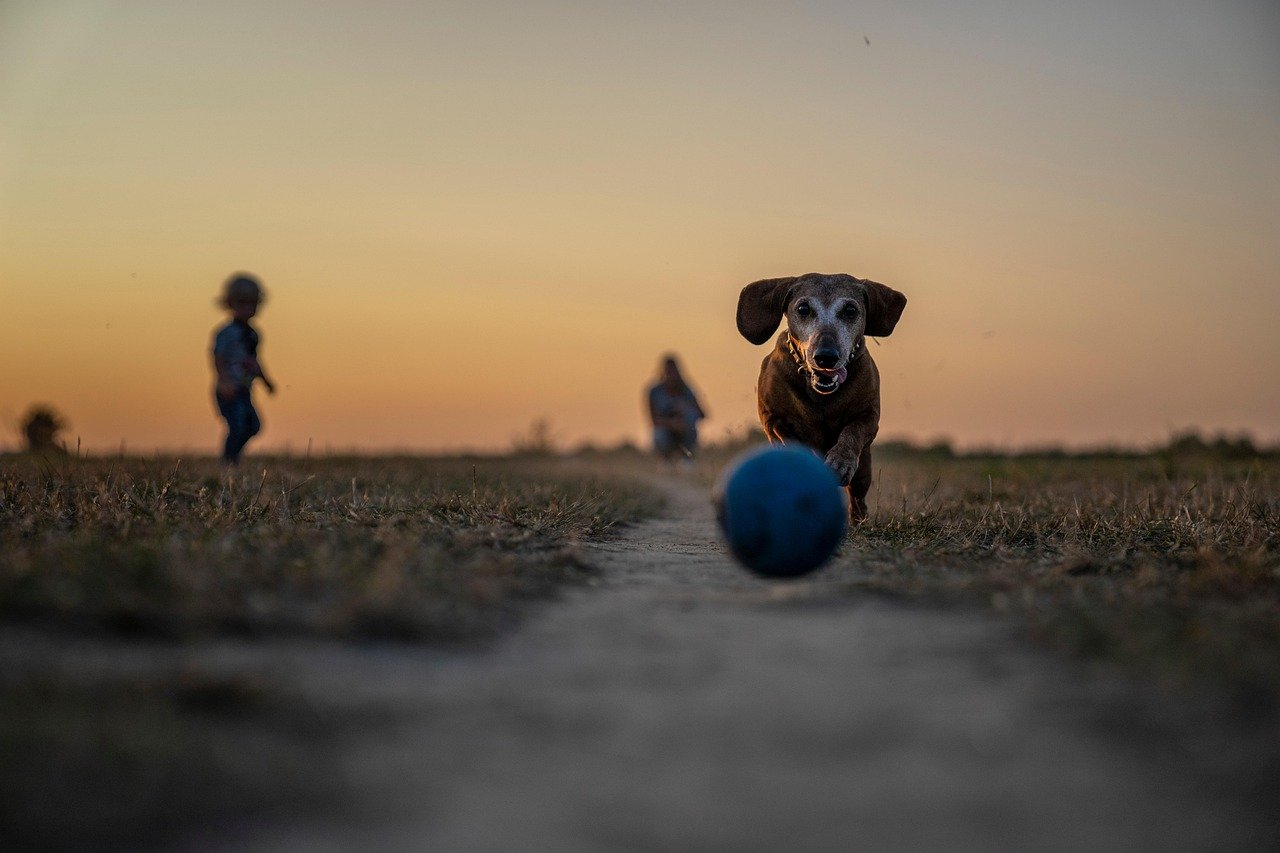
Toys and games aren’t just for entertainment; they can also be excellent tools for socialization. Engage your dog in games that encourage interaction, such as fetch or tug-of-war, with other dogs or people. Toys that require teamwork, like a puzzle feeder, can also promote social behavior. These activities not only provide mental stimulation but also teach your dog that playing with others is fun. It’s like breaking the ice at a party—once your dog is engaged, they’re more likely to open up and interact.
Monitor and Manage Stress Levels
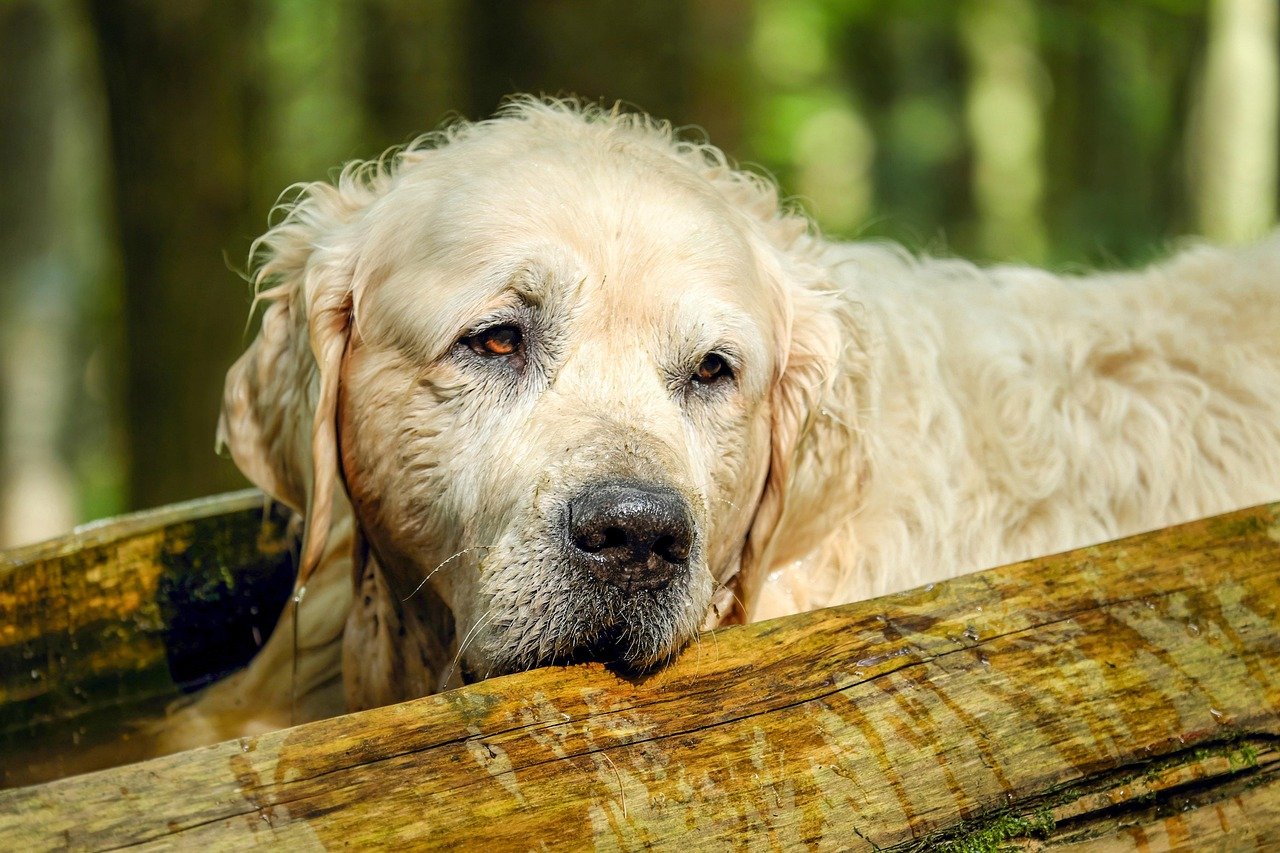
Stress can be a significant barrier to sociability. Recognize signs of stress in your dog, such as excessive panting, drooling, or avoidance behavior. If your dog seems overwhelmed, remove them from the situation and allow them to decompress. It’s essential to create a safe space where your dog feels secure and can retreat when needed. By managing stress effectively, you help your dog feel more comfortable and open to social interactions. Think of it as providing a safety net that allows them to explore the world with confidence.
Celebrate Progress and Keep Learning
Finally, celebrate every bit of progress your dog makes on their journey to becoming more sociable. Whether it’s a successful playdate or a friendly encounter with a stranger, acknowledge these milestones with praise and rewards. Keep learning and adapting your approach as your dog grows and changes. Remember, the goal is not perfection but progress. Each step forward strengthens the bond between you and your dog and enriches their life with new experiences and friendships.
In conclusion, making your dog more friendly and sociable is a journey filled with love, patience, and understanding. By taking these steps, you’re not only enhancing your dog’s life but also creating a more harmonious relationship with them. Who wouldn’t want a happy, sociable canine companion?

